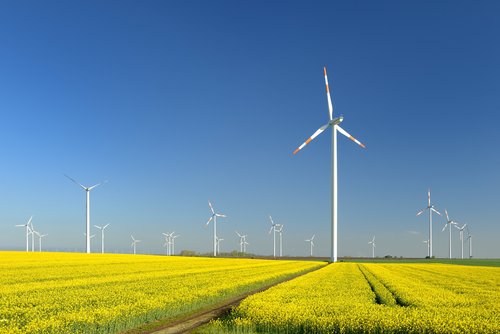Today, the EU Commission presented new guidelines and proposals for the European energy policy. With regard to the energy market design, the proposed package offers some welcome visions. They have the potential to indeed overcome the fragmented and somewhat inefficient state of national energy policies, including in Germany.

Rescuing the energy market
It is an open secret that the transition to a low carbon economy will only succeed if all act together. Nevertheless, energy policy in Europe is still rather fragmented, which creates a number of problems: support schemes for renewable energies for instance are un-coordinated and sometimes inefficient. The plunge of whole sale energy prices on the other hand has induced some countries to subsidise fossil fuelled power plants, instead of finding solutions jointly and across borders.
Against this background, the EU’s „winter package“ might spark some necessary discipline: The Commission calls for the extension of renewable energies but with a view to integrate them properly into the energy market. “Green energy” shall be dispatched following market rules, just as other resources. And, renewable energies also should compete with each other. Both, of these are conflicts have so far been shunned by the German government, although they urgently need solving for the German Energiewende to succeed.
For those EU member countries who do not want to stop supporting their fossil fuel power plants, the Commission’s proposals aim to at least establish a coherent set of rules. However, in the future the demand calculations need to be conducted cross-border, including capacities in neighbouring countries and follow common calculation methods. Countries will also be asked to grant each other access to their national support schemes. This is an important step towards reducing the danger of market distortions and over-capacities.
Coming to a consensus between the EU legislators on the various proposals will be difficult. But the Commissions is addressing the right challenges to successfully manage the transition towards a new energy market reality.
More on the topic

Climate Clubs as a Lightning Rod for Tensions in Trade and Industrial Competitiveness
The Paris Agreement has established a transformative paradigm. While this transformation will create winners and losers, it now seems increasingly clear that overall, there are tremendous opportunities.
IW
German Industry's Options for a Secure Supply of Raw Materials
In recent years German industry has seen a rise in the risks attached to its procurement of raw materials.
IW